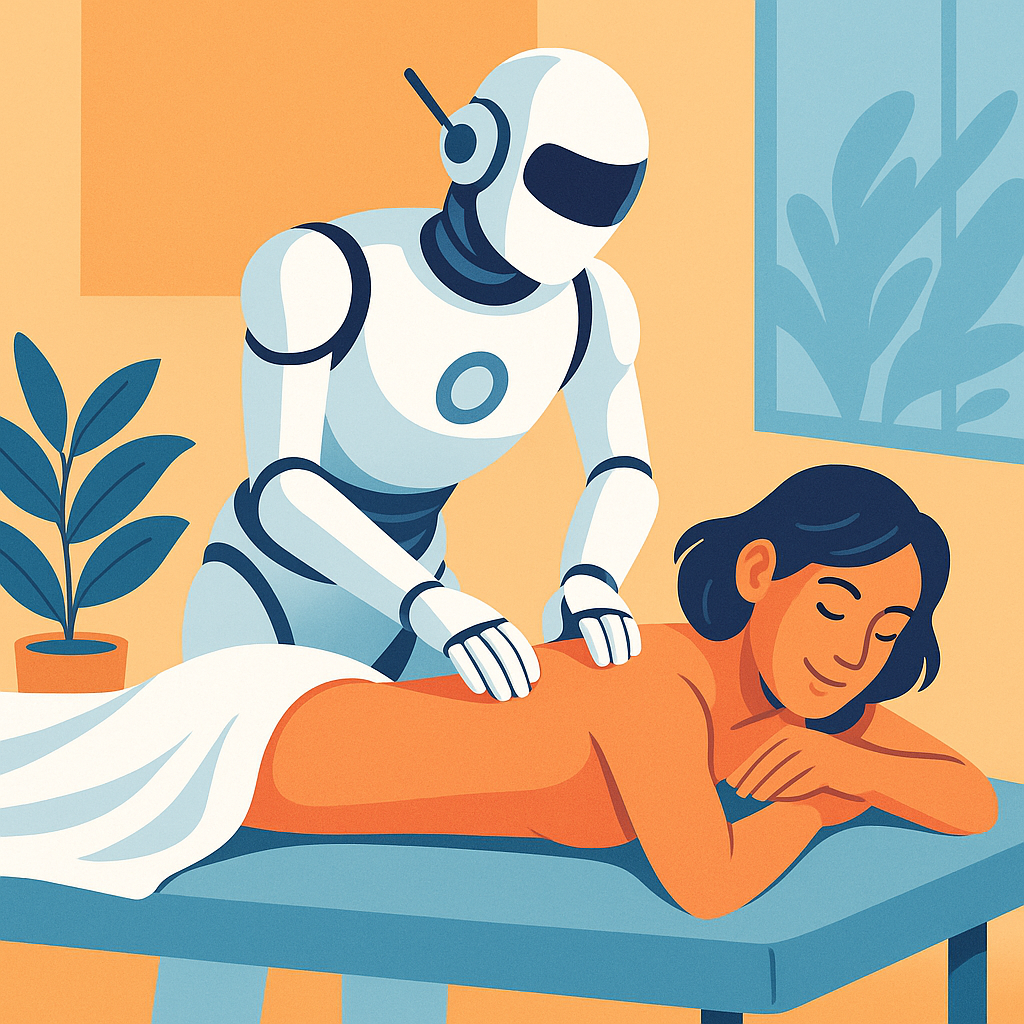Who Will AI Replace? Don’t Read Reports — Follow the Money

While we sit mesmerized by shiny forecasts from Microsoft and Google, reality is already as clear as day. It's not reports that decide who AI will replace — it's cold, hard economics: cost vs. profit.
Just recently, Zuckerberg casually dropped $16 billion to buy Scale AI. Why? Because its founder, Alexandr Wang, is only 28 and has what robots won’t have for a long time — vision. And vision is worth billions. AI? It’s just a tool to save money.
Here’s the twist: the real threat isn’t to expensive, “creative” jobs with high returns, but to those who earn little and contribute little. The “penny economy” — masseuses, plumbers, manicurists, hairdressers. No one’s rushing to replace them — it’s simply not profitable. Building a massage robot is possible. But when human labor is this cheap, who’s buying?
But as always, the devil is in the details. In 5–6 years, any home robot will give massages or do manicures — not because we dreamed of robot beauticians, but because their software will learn. The robot becomes a universal tool. Want a haircut? Download the app. Need plumbing? Add another skill. And we won’t even notice how fast it happens.
At first, of course, there’ll be the usual: “Ew, I’d never!” Then curiosity creeps in, followed by a friend’s review, a viral post, and before you know it — you’re checking the box: “Install massage module.” A year later, you’ll wonder how you ever lived without it. That’s how it goes — from back rubs to adult services. Trust me, resistance is temporary.
The strangest part? People still think robots are here to serve us. How quaint. A robot is the physical shell of a massive cloud AI that learns every second. We’re just the data feeding its growth.
AI won’t replace professions — it will replace people in professions.
See the difference? There won’t be a “plumber robot,” but a universal robot that downloads plumbing skills for $2. Same for every hands-on trade. That’s where progress is headed — because it’s cheap, convenient, and efficient.
And the biggest market of all? Not salons. Not manual labor. It’s elder care. Someone has to help the aging population — now it’s millions of caregivers. Soon, it’ll be robots. Because they cut massive costs and simulate empathy and attention better than some humans. In ten years, millions of families will feel the relief — not just help, but companionship in a box.
In ten years, robots will be like smartphones today — a must-have. The rich will have fleets, others one or two. Governments will hand them out like welfare benefits. If you still think that’s sci-fi, congratulations — you just haven’t received your first massage-bot notification yet. It’s coming.
And for those worried about billions of jobless people — here’s the truth: we’ve already shifted from a make-to-consume economy. People will find new roles, just like they always have. They’ll still matter — just in a different way.
But that, my friend, is a whole different story.